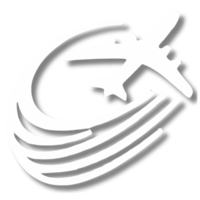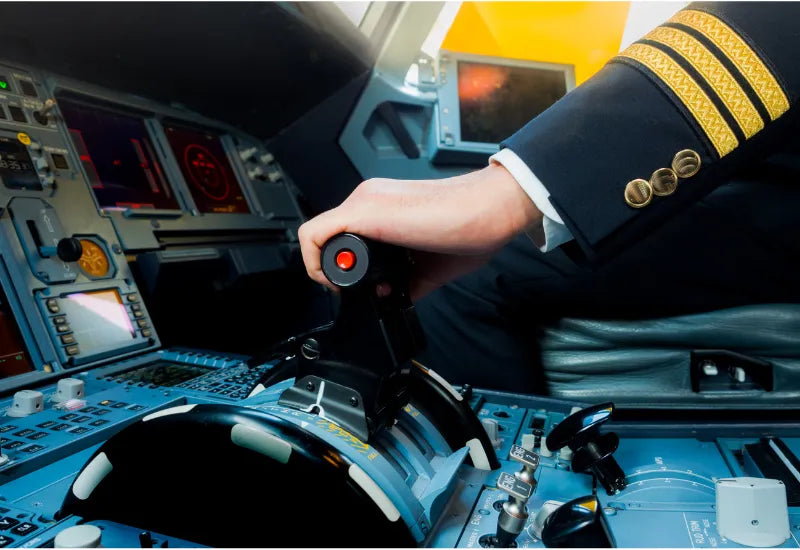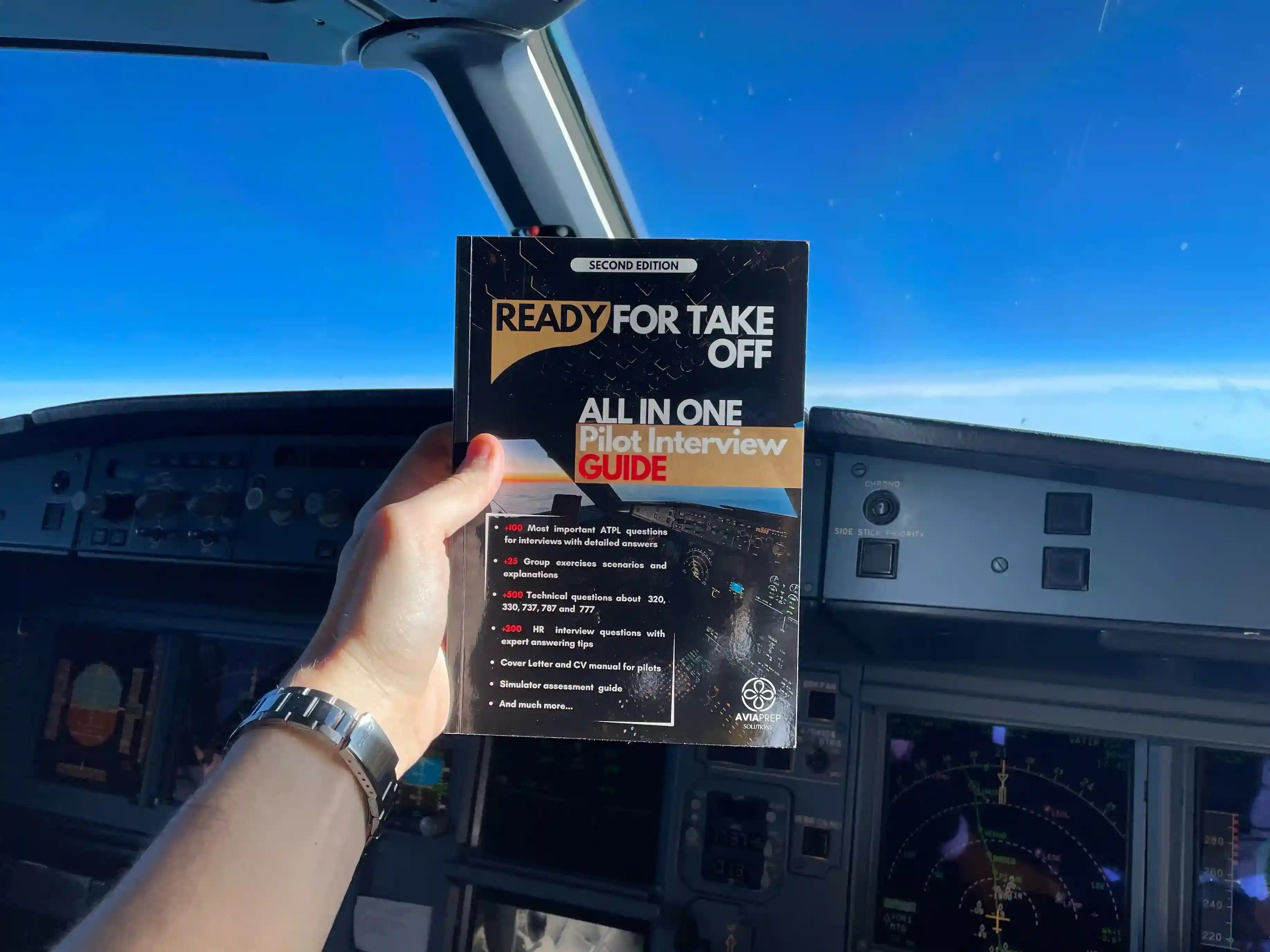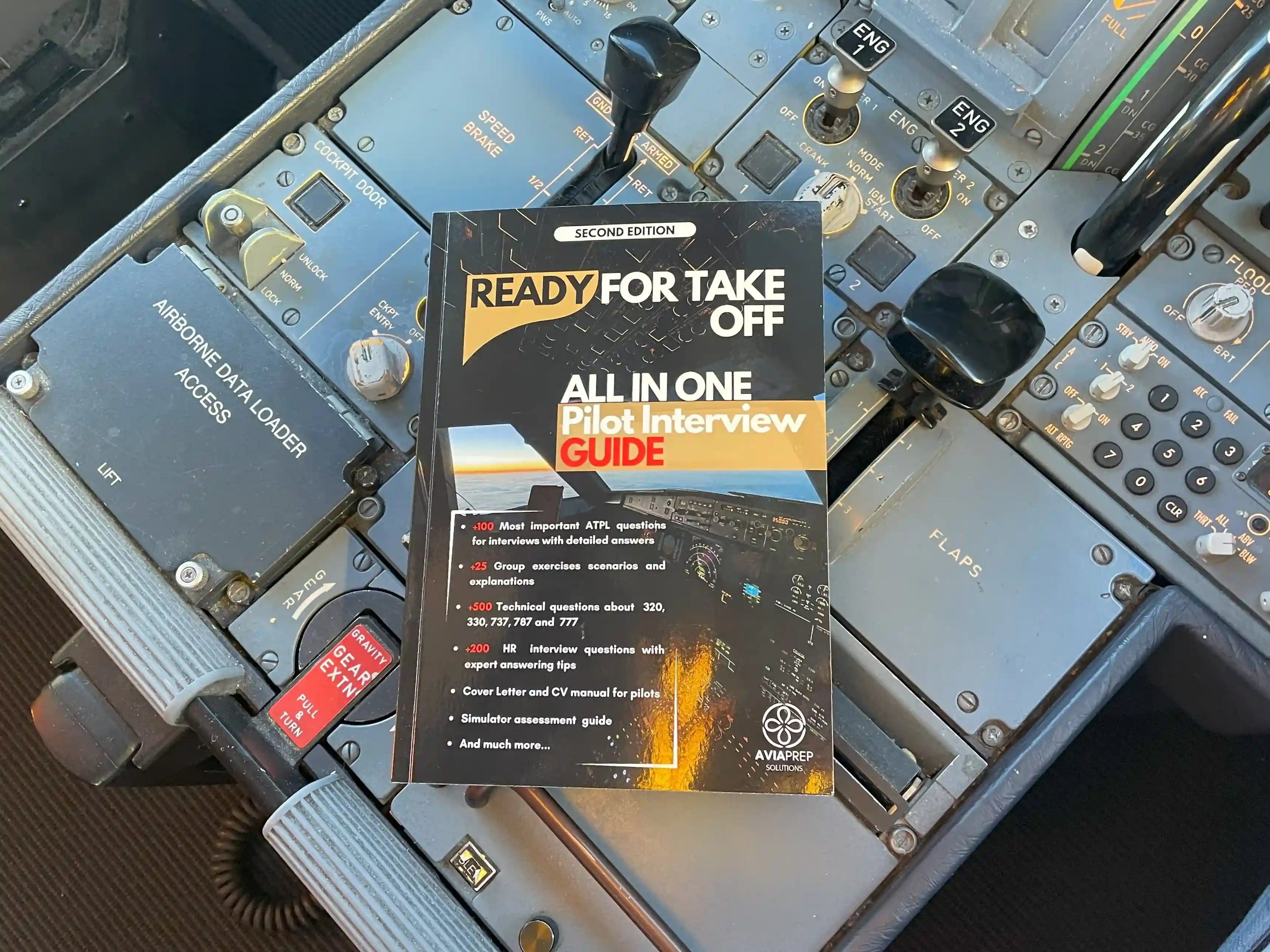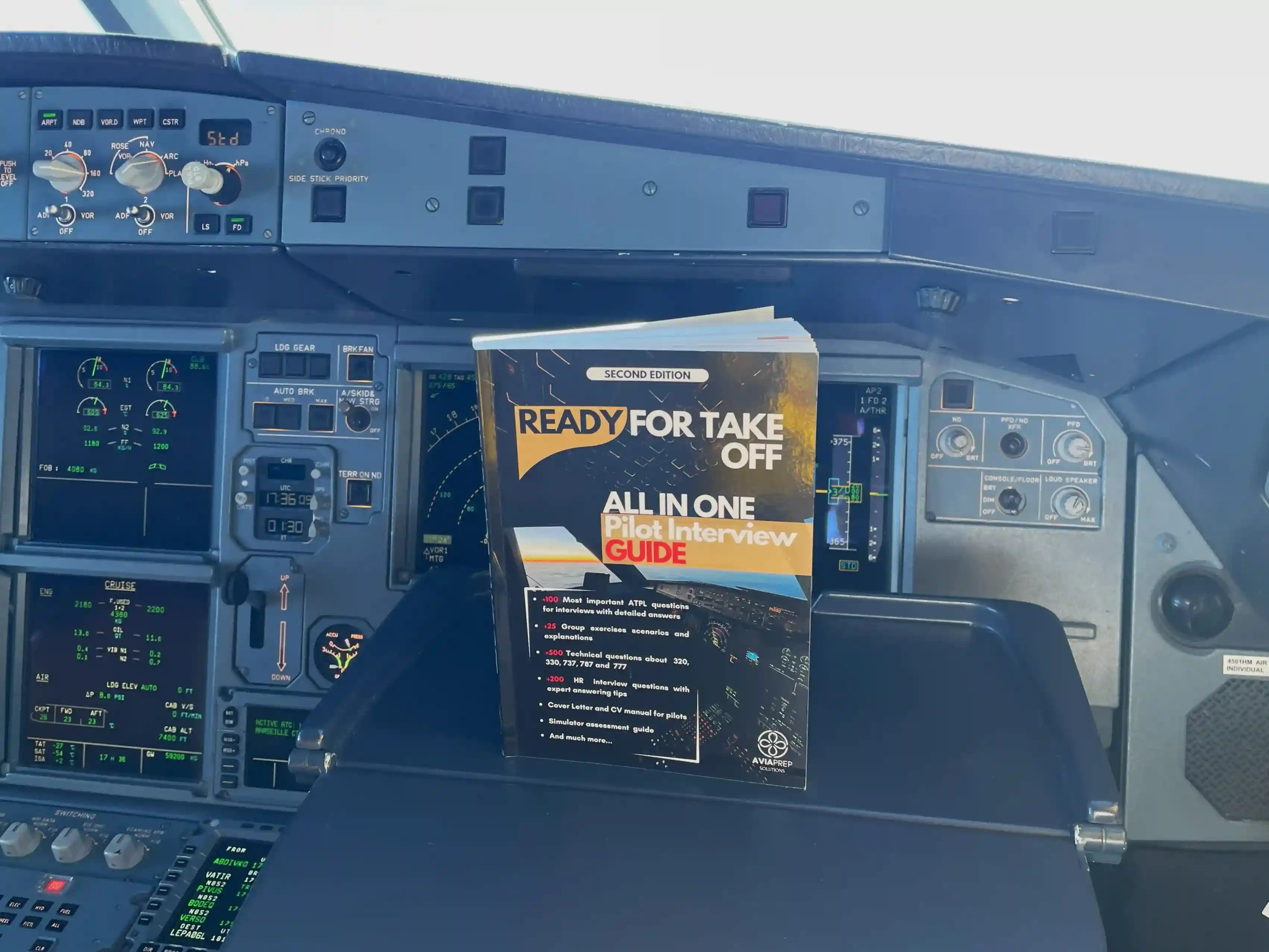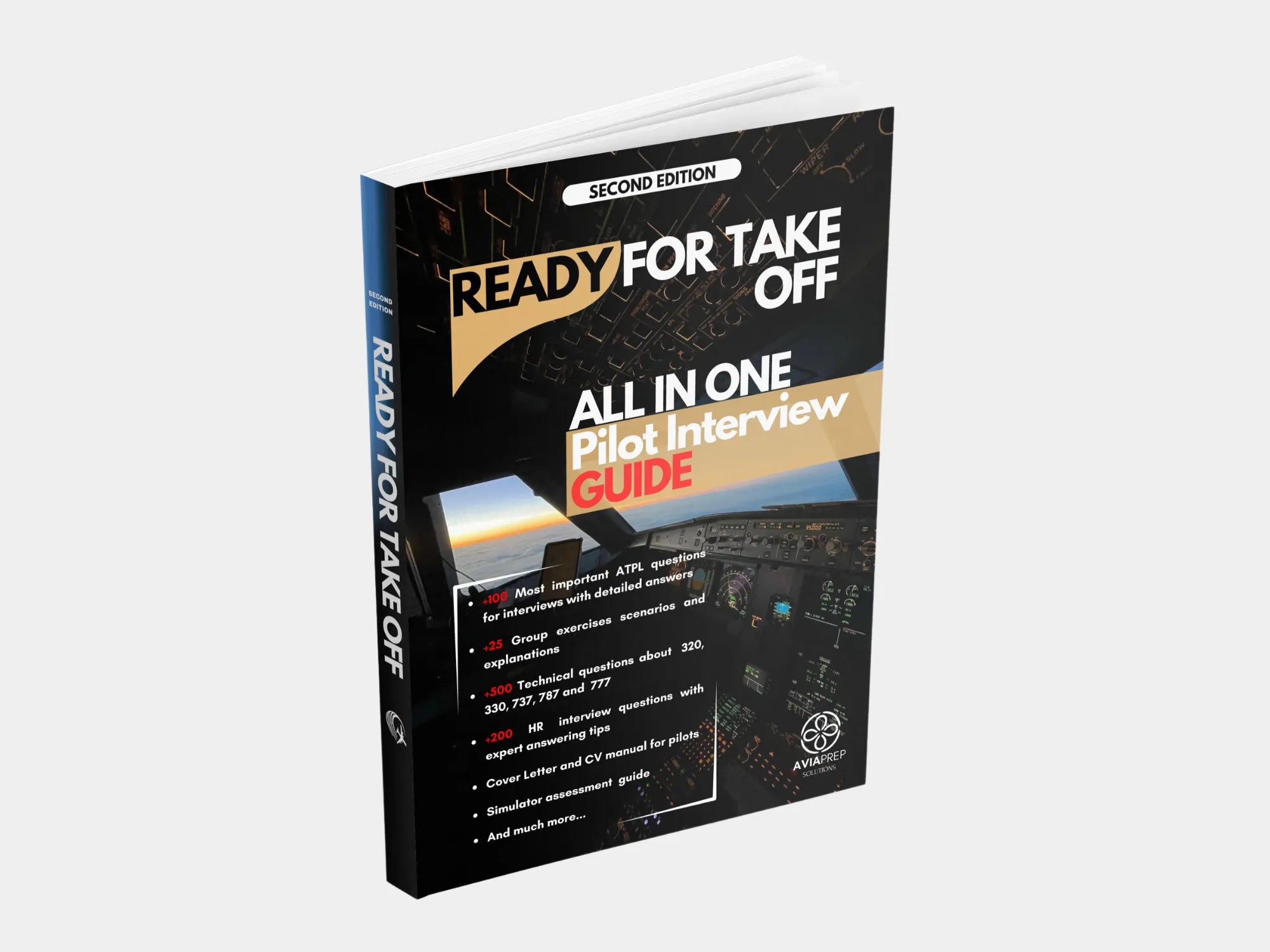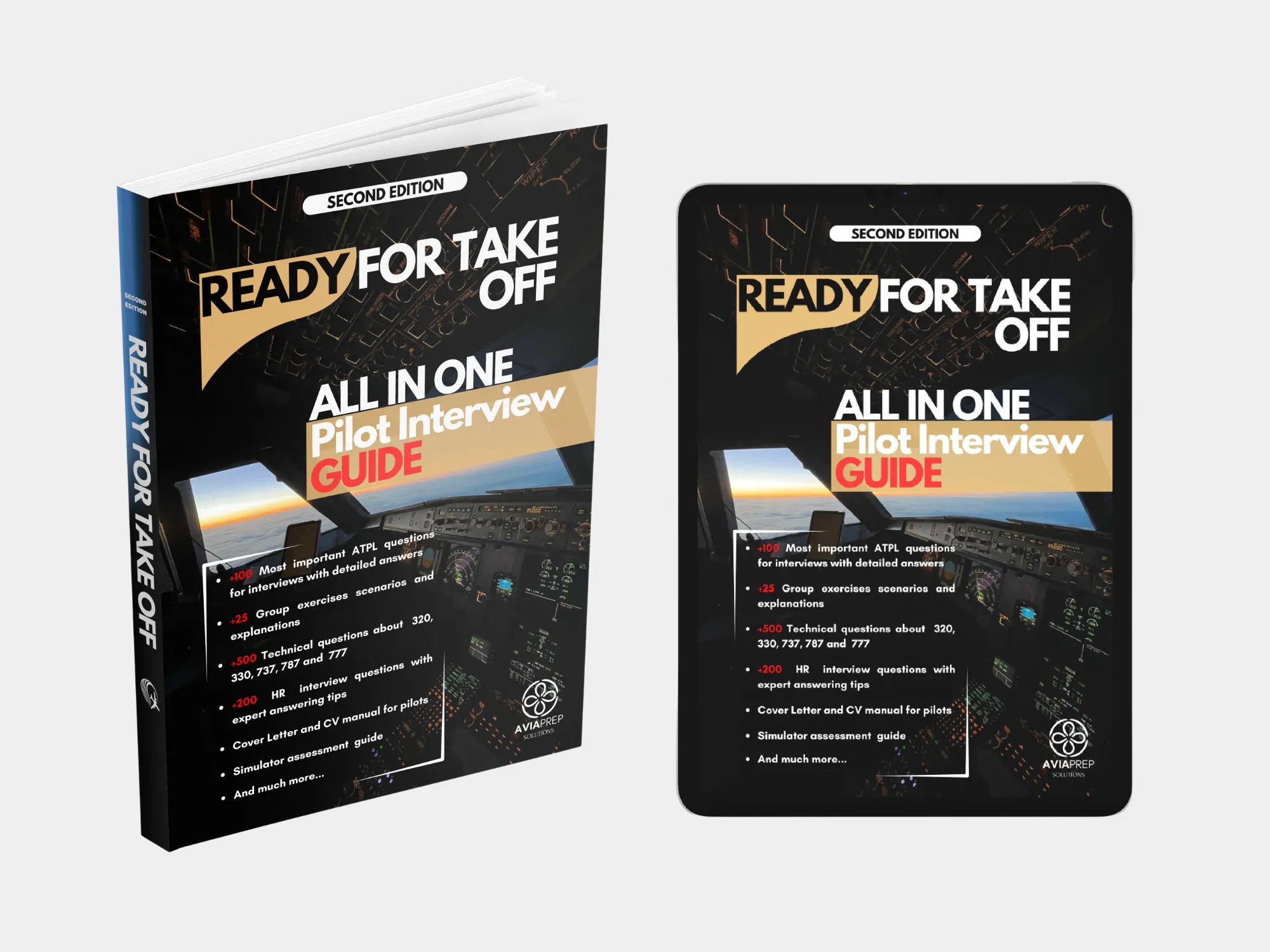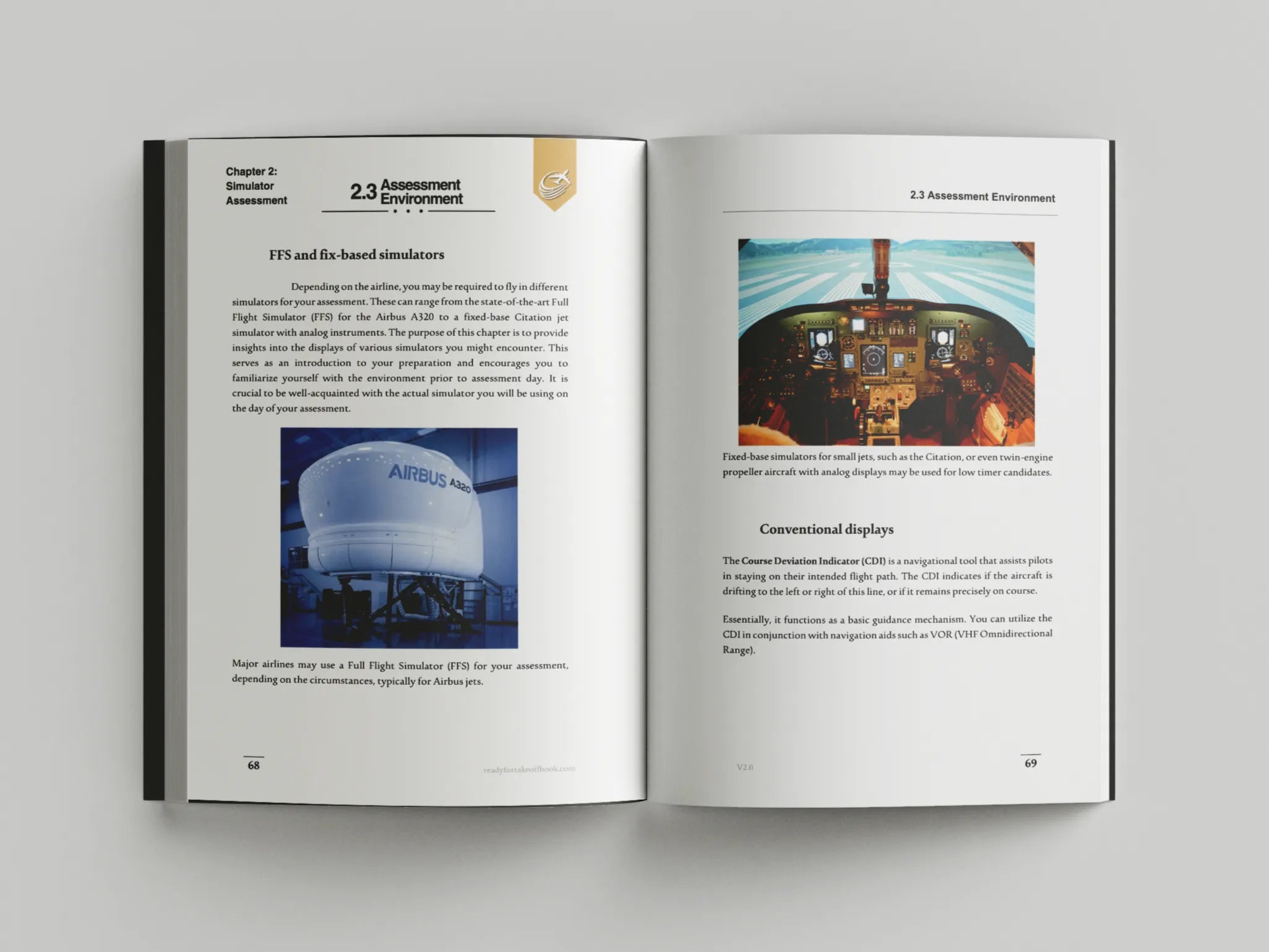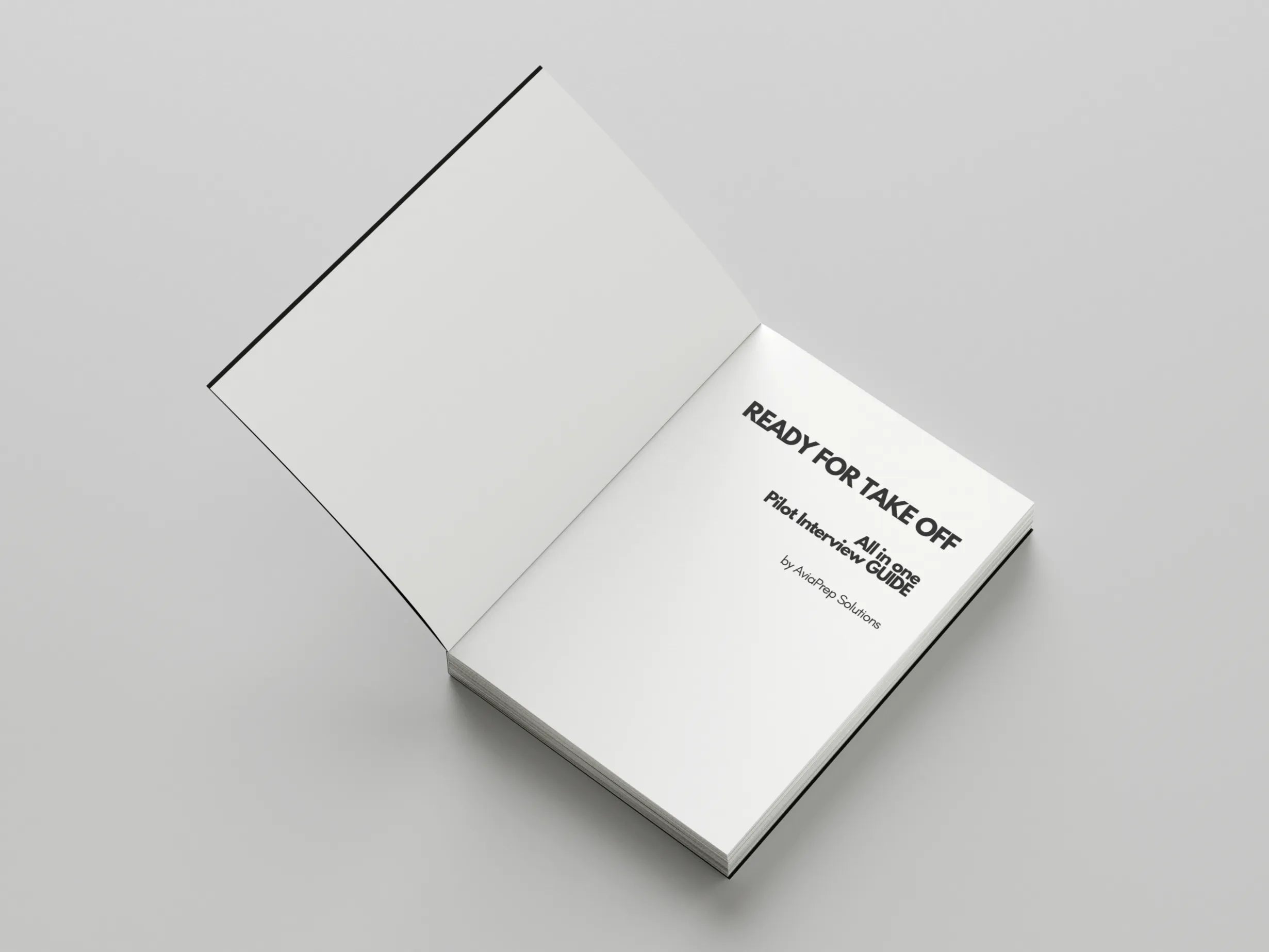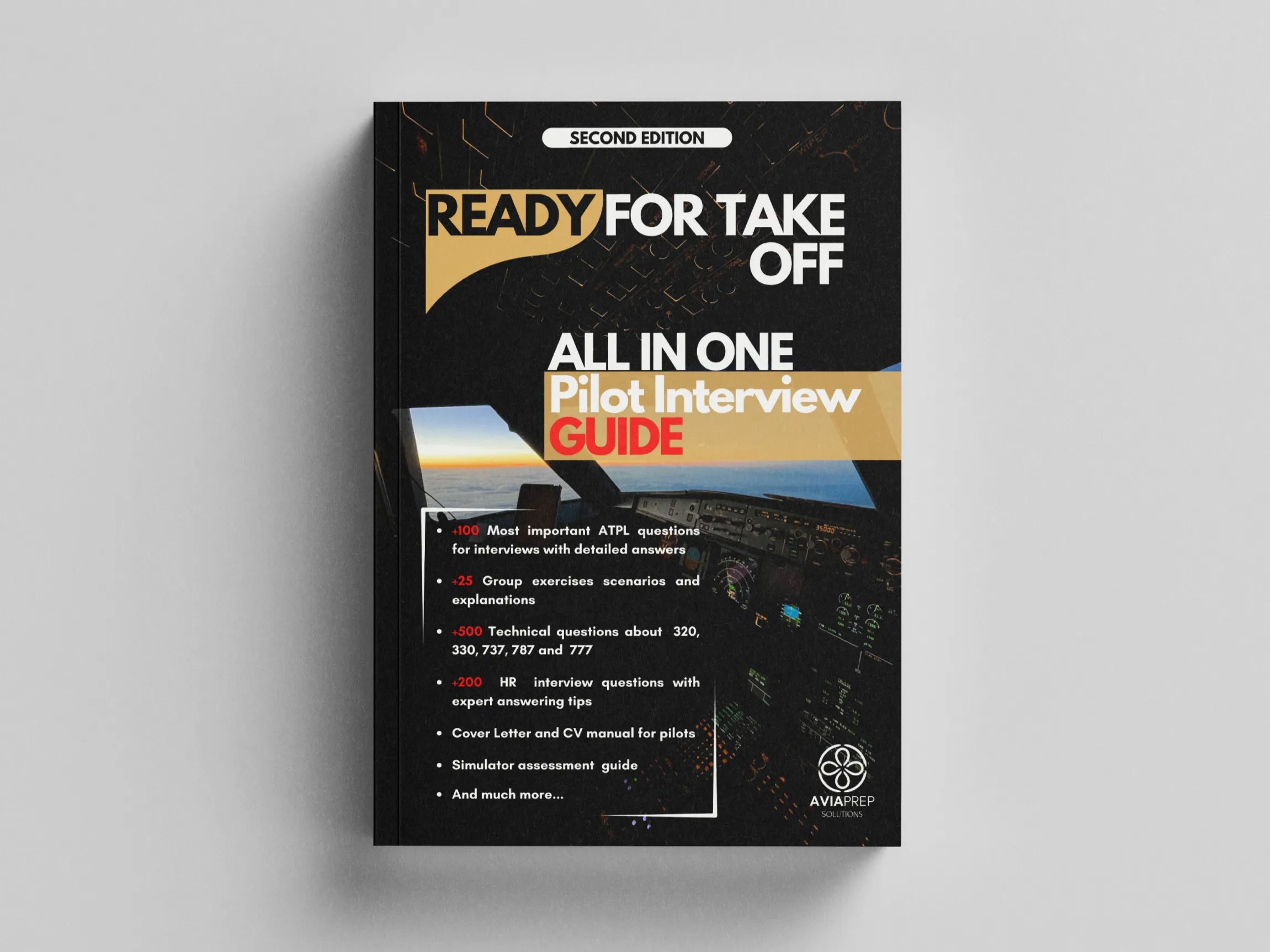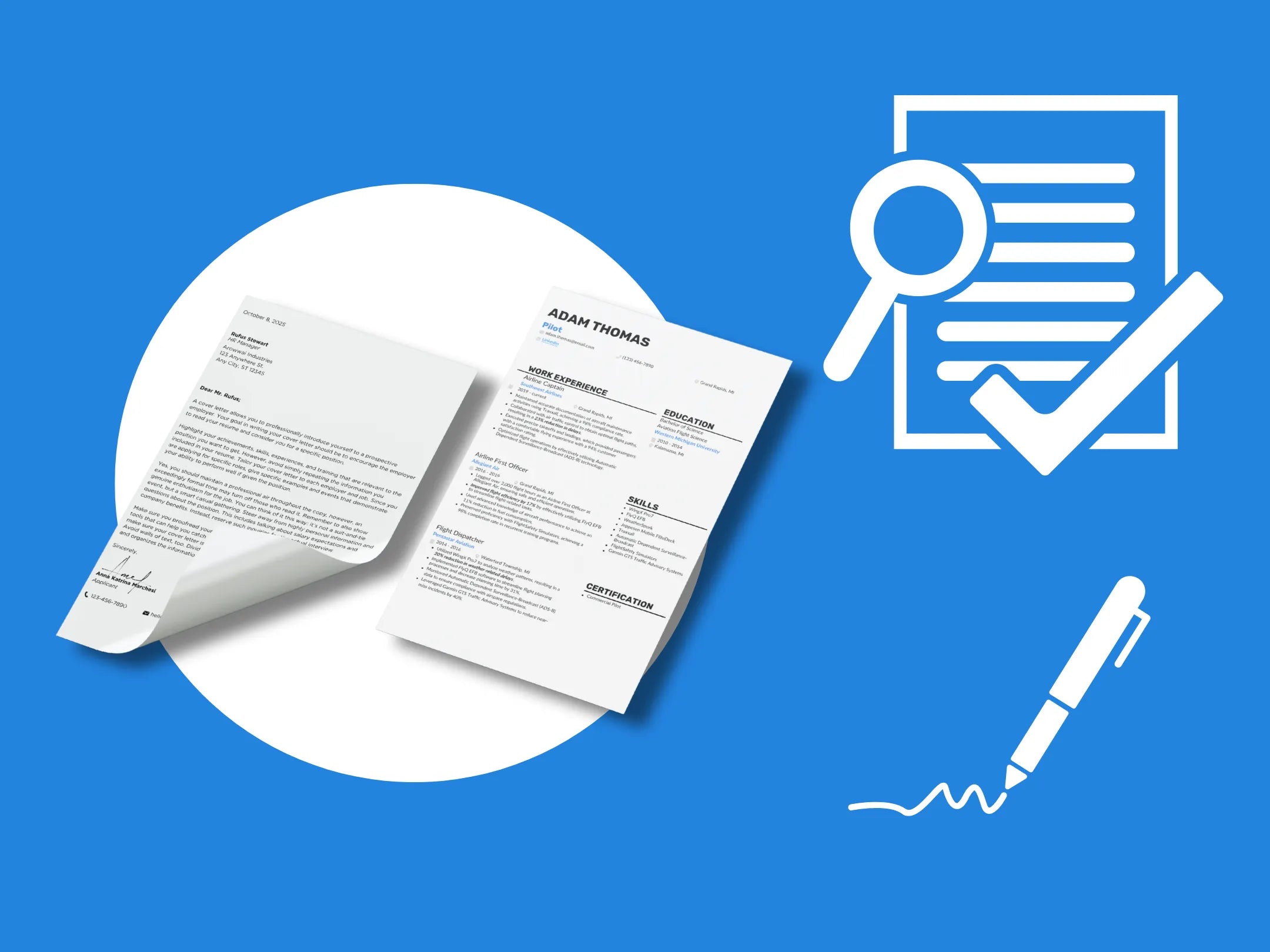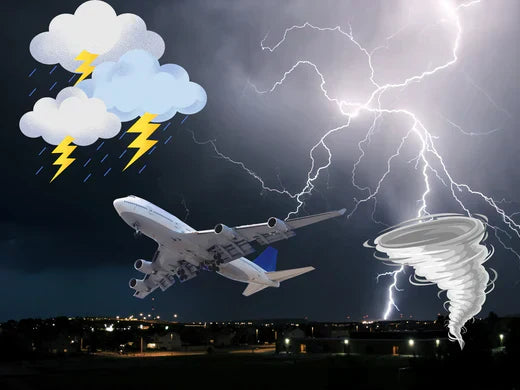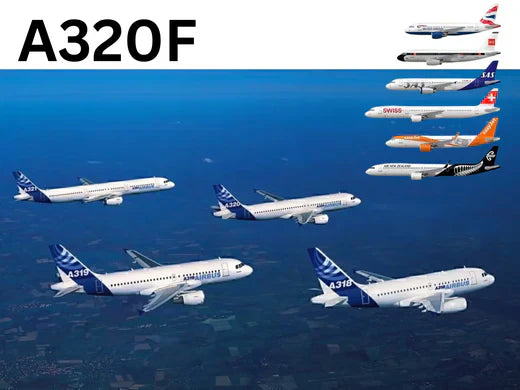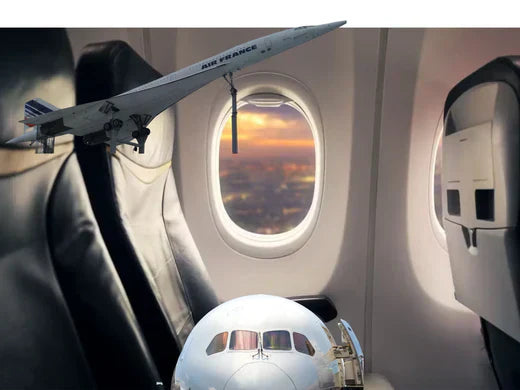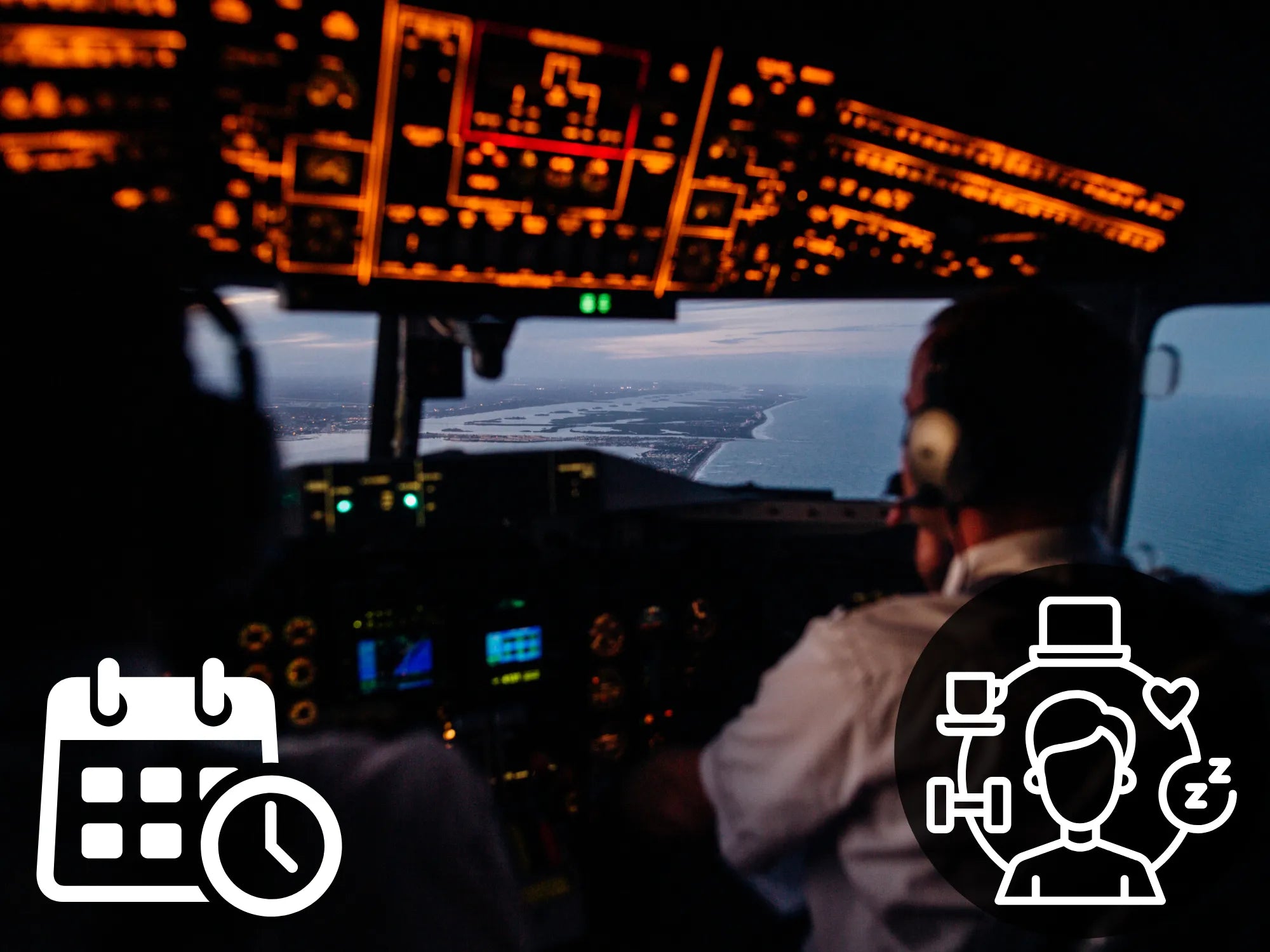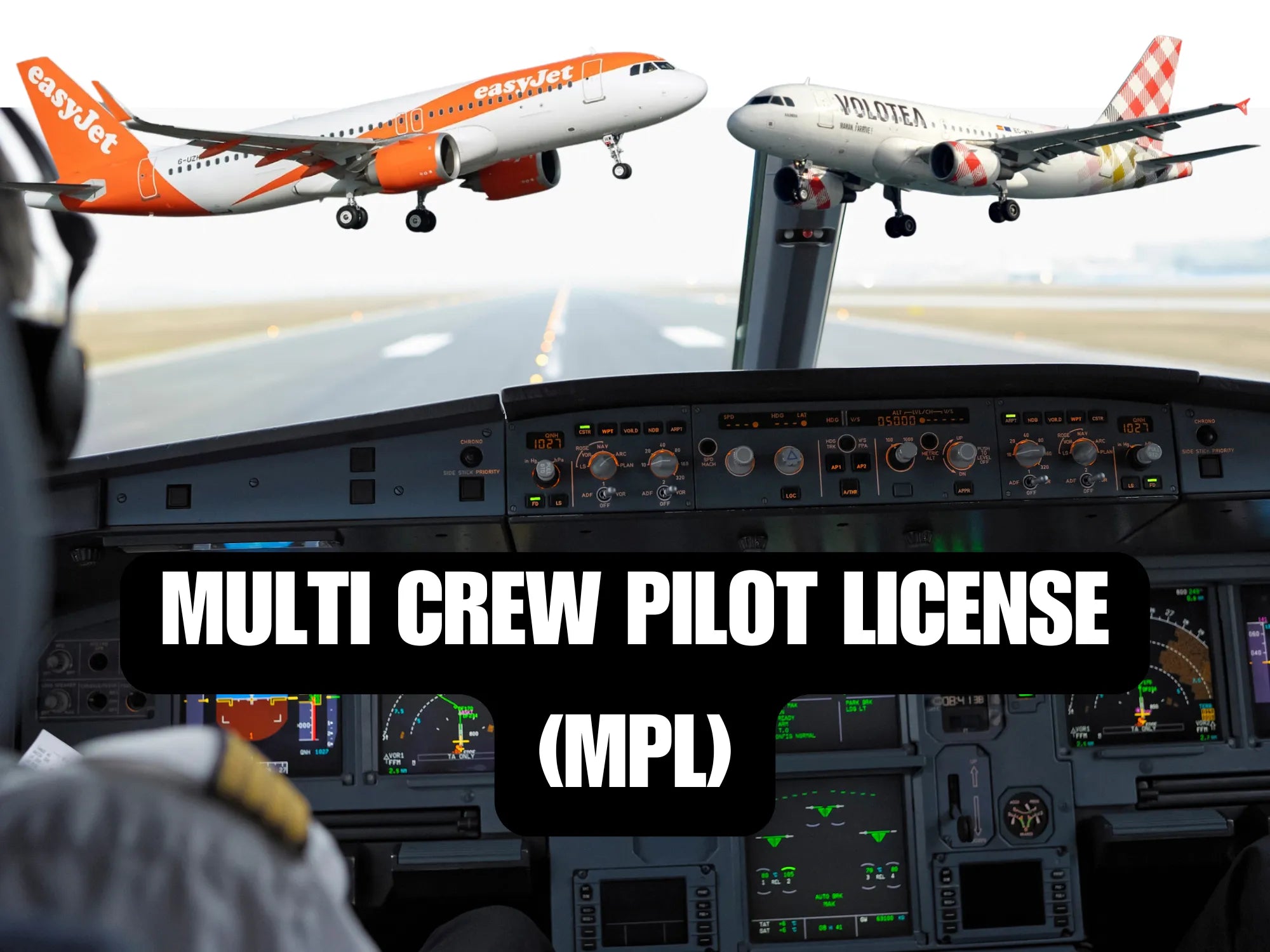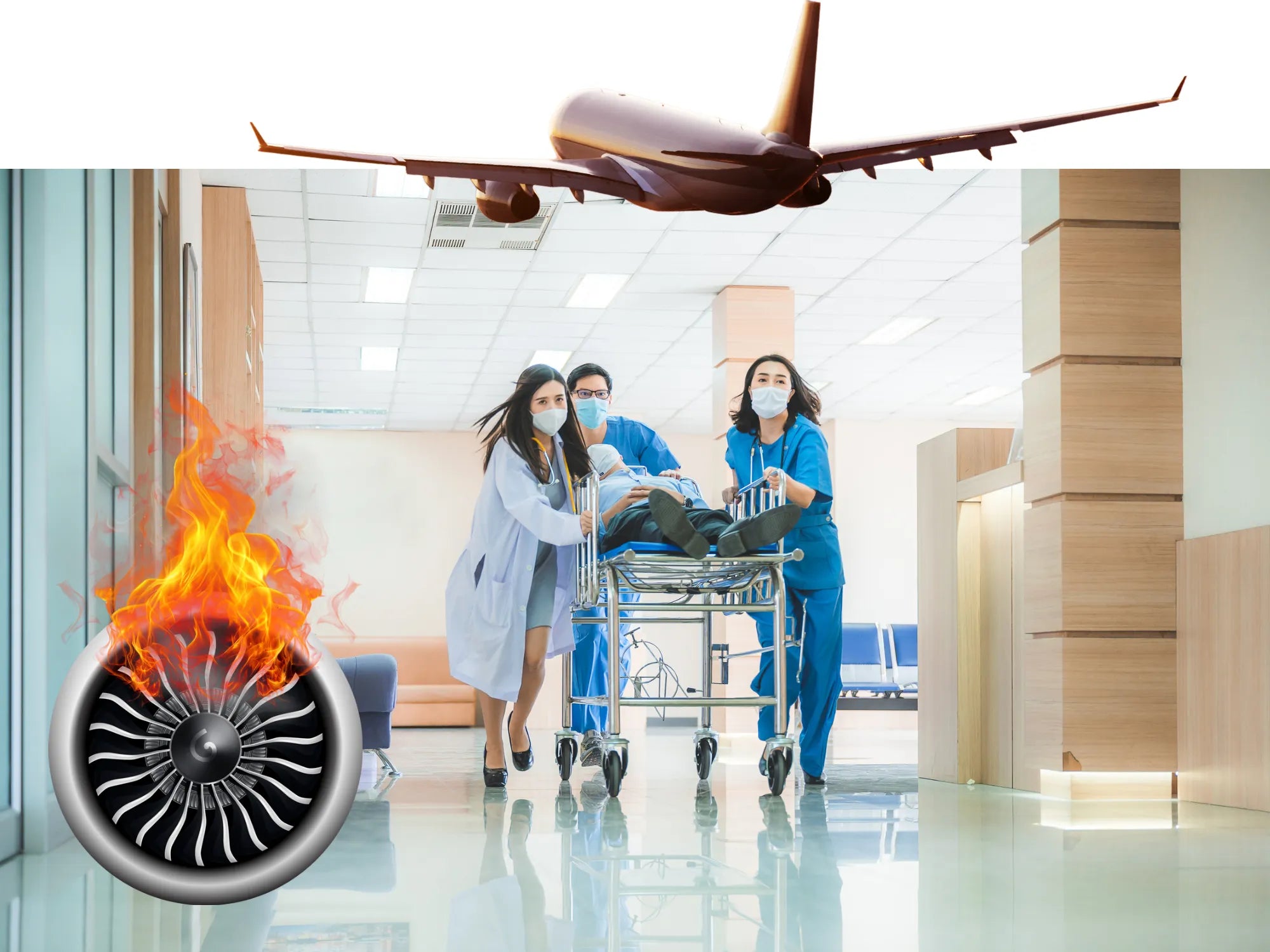Introduction
Landing a job as a pilot involves more than just technical skills and flying experience. The interview process is crucial as it assesses your personality, decision-making abilities, and how you handle stress. Preparing for this interview can be hard, but knowing the common questions and how to answer them can give you a significant advantage. Here are the top 10 pilot interview questions and tips on how to answer them effectively.
Top 10 Pilot Interview Questions and How to Answer Them
1. Tell Me About Yourself
Tip: This is your chance to present a concise summary of your professional background and key achievements. Focus on your flying experience, training, and why you want to work for this particular airline. Avoid personal details unless they are directly relevant to the job. We give precise tips on this topic in our book.
2. Why Do You Want to Work for Our Airline?
Tip: Research the airline very deeply and tailor your answer to reflect your knowledge and enthusiasm for the company. Highlight specific reasons such as the airline’s reputation, fleet, routes, or corporate culture. Show that you have a genuine interest in the airline and its values. You can check wikipedia for information.
3. How Do You Handle Stressful Situations?
Tip: Demonstrate your ability to remain calm and composed under pressure. Provide a specific example from your flying experience where you successfully managed a stressful situation. Be extensive on the importance of following procedures, effective communication, and teamwork.
4. Describe a Time When You Had to Make a Quick Decision.
Tip: Choose an example that highlights your ability to make sound decisions quickly. Explain the situation, your thought process, and the outcome. Focus on your ability to assess the situation, weigh options, and act decisively while maintaining safety.
5. What Would You Do if You Disagree with a Captain’s Decision?
Tip: Show that you understand the importance of respecting the chain of command while also emphasizing safety. Discuss how you would express your concerns and seek a resolution, in a polite manner, always prioritizing the safety of the flight.
6. How Do You Stay Current with Aviation Regulations and Technology?
Tip: Highlight your commitment to always staying current on new rules, regulations and procedures. Mention specific methods you use to stay updated, such as attending workshops, reading industry publications, participating in training programs, and engaging with professional networks. You can use websites like aviation exam.
7. Tell Me About a Time When You Had a Conflict with a Co-Worker.
Tip: Choose an example that demonstrates your ability to handle conflicts professionally and constructively. Explain the situation, how you addressed the conflict, and the positive outcome. Emphasize your communication skills, empathy, and problem-solving abilities.
8. How Do You Ensure Safety and Compliance During Flights?
Tip: Discuss the importance of following standard operating procedures, conducting thorough pre-flight checks, and maintaining clear communication with crew and ATC. Highlight your attention to detail and commitment to adhering to all safety regulations and protocols.
9. What Are Your Strengths and Weaknesses as a Pilot?
Tip: Be honest but strategic. For strengths, choose attributes that are directly relevant to piloting, such as quick decision-making, excellent communication, or strong situational awareness. For weaknesses, mention something you are actively working on improving and explain the steps you are taking to address it.
10. Where Do You See Yourself in Five Years?
Tip: Show ambition and a clear career plan that aligns with the airline’s growth and opportunities. Express your desire for continuous improvement and taking on more responsibilities, such as becoming a Captain or getting involved in training new pilots.
Conclusion
Preparing for a pilot interview involves understanding the types of questions you might be asked and planning your answers accordingly. If you want more info, check our book. Focus on your experiences, skills, and knowledge while demonstrating your ability to handle challenging situations and work as part of a team. With these tips, you’ll be well-prepared to impress your interviewers and take the next step in your aviation career.
